Specifications
Internal circuit architecture
The xDuoo XD-05 uses the almighty AKM4490 from Asahi Kasei, a chip that we won’t need to introduce anymore.
There are different versions of the DAC, but apart from the dynamic range, the differences are a bit subtle. It supports 32bit/768kHz streams, offers -120dB of dynamic, 8 different filters and that sweet velvet sound that audiophile, like us, crave for.

To feed the DAC, two different chips are used :
- a Cirrus Logic CS8422 for the optical/coaxial. This chip supports AES3 and S/PDIF interface, but only up to 24bit/192kHz (quite enough I should say)
- a Xmos XS1-U8A-64 if you prefer USB. This 8-core, USB 2.0 chip can handle very high-definition files and works as a pass-through, which may be interesting for those of you than prefers bit-perfect transmission
When most modern DAC/Amp uses a dual-mono circuitry, the XD-05 seems a little shy with its solo DAC and unique LPF/OPA combo. Don’t worry, the current amp section enjoys a dual-chip (BUF634) capable of providing +/- 9V voltage for, quote, “can driver headsets better”.
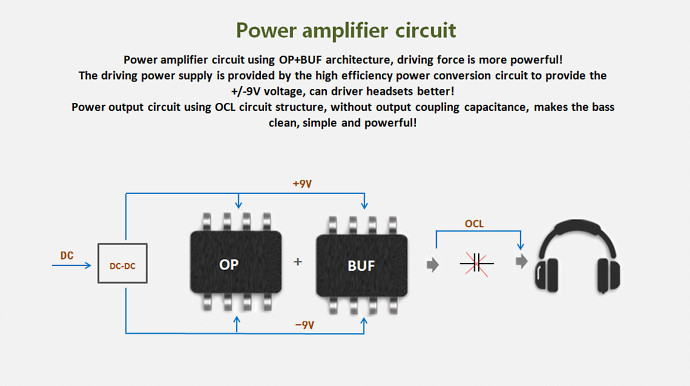
Not sure about that last sentence, but it should be able to drive most headphones, on paper.
THD is rated at 0,0025% and Signal to Noise Ratio at 112dB. Good numbers, but we’ll have to put the DAC to the test, to confirm. That, and the various filters available too :
- sharp roll-off filter
- slow roll-off filter
- short delay sharp roll-off filter
- short delay slow roll-off filter

All those filters are labeled PCM1/PCM2/PCM3/PCM4, so check the manual before, if you want to be sure of which filter you’re about to use.
Battery Life
The built-in battery is rated at 4000 mAh, which is not surprising if you look at the sheer size of the XD-05.
The official battery life is supposed to range from 11h (USB in), to 23h (Aux in). During my review, I easily reached the 11h through the USB port, but as I mainly listened to IEM with the DAC, that’s not too surprising. The more you push the volume, the less autonomy you’ll get.
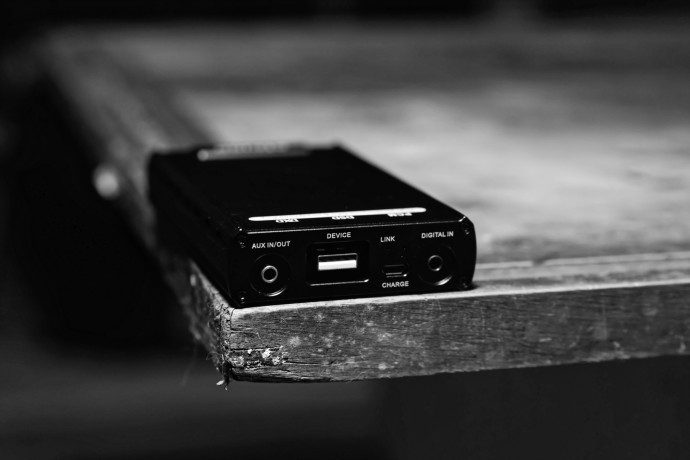
On a different note, charging the xDuoo XD-05 is painfully long : 5h with a “fast charger” (2Ah/5V) and 11h with the classic computer port (500mAh/5V). So each time I used it with a computer, I plugged it for charge too, so I could get enough power when on the go.
To sum it up, good battery life but painstakingly long charge time.
Full specs of the xDuoo XD-05
As usual, here are the full specs of the xDuoo TA-20. If you’re not interested just scroll down !
- Type : DAC / Headphone amplifier
- DAC : AKM AK4490
- LPF : Ti OPA1612
- BUF : 2x BUF634
- Screen : 0.91 inch Oled screen
- Outputs : 6.35mm headphone out
- Input : USB/COAXIAL/OPTICAL/AUX
- Volume Knob : ALPS Analog
- Drive Ability : 8-300 ohms
- Battery : 3.7V/4000mAh
- Sampling rate support : USB, up to 32bit-768kHz / Coaxial/Optical, up to 24bit-192kHz
- SNR : > 112dB
- THD : < 0.0025%
- Line level : 2.1Vrms
- Gain : +6/+9/1+15dB
- Output Power 6.35mm : 500mW 32ohm
- Voltage Swing : 9V
- Power input : USB
- Size : 139,5mm x 75mm x 23mm
- Weight : 270g
The article continues on Page Five, after the click here.







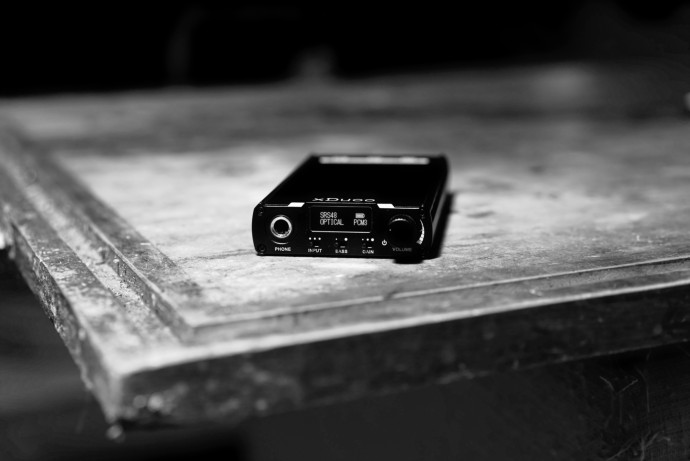
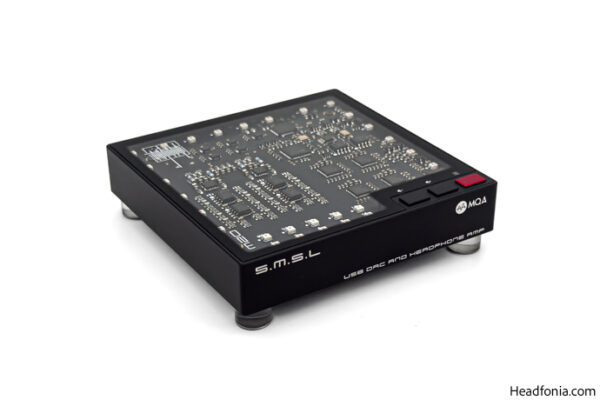
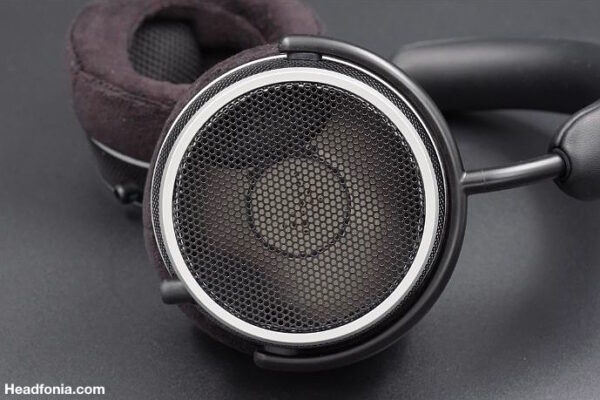
Rachid ZIANE
Merci pour ce test très complet et précis.
J’utilise le Xduoo XD-05 depuis juin 2016 avec un Beyerdynamic DT1350 et depuis octobre récemment avec un DT1990Pro, c’est exactement ce que vous décrivez. Il est clair sur tous les registres et descend très bas dans les graves à condition que l casque en soit capable. Inutile d’activer le bass boost.
Je l’ai optimisé en mai 2019 en remplaçant l’OpAmp par un Burson V5i, gagnant ainsi en clarté.
Je recommande sans réserve cet ampli/DAC Xduoo XD-05.
Mon système : Qobuz Studio => USB player Pro + Morphit => Motorola RazR HD => Xduoo XD-05 boosted by Burson V5i => Beyerdynamic DT1990 Pro